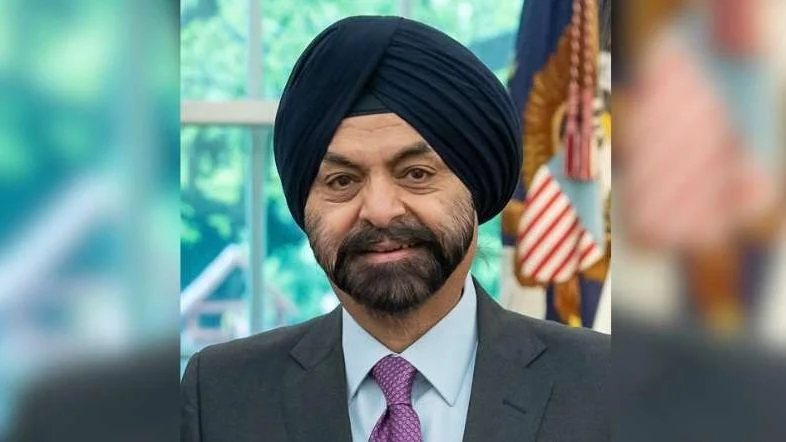The World Bank's Board of Executive Directors has approved a new initiative known as the Caribbean Resilient Renewable Energy Infrastructure Investment Facility for Grenada, Saint Lucia, and Saint Vincent and the Grenadines. This regional effort aims to support the development of clean and affordable energy systems, in collaboration with the Eastern Caribbean Central Bank and other Eastern Caribbean countries. The initiative is also open for additional countries to join over time, with the goal of strengthening the region's energy resilience.
Caribbean countries are heavily reliant on imported fossil fuels, which account for over 90% of their power generation. This dependence has created a significant financial burden, with fossil fuel imports in the Eastern Caribbean averaging $444 million annually between 2016 and 2021. This figure represents 15.4% of total imports and 17.1% of the trade balance. Furthermore, the region's electricity tariffs rank among the highest globally, while renewable energy adoption remains sluggish due to various challenges.
The $110 million initiative seeks to address these challenges by offering solutions that involve collaboration between the energy and financial sectors. At the regional level, renewable energy projects will be aggregated to reduce costs and scale up operations, thus attracting private sector involvement. Locally, the facility will fund the upgrade and reinforcement of electricity transmission and distribution, incorporating battery energy storage systems to bolster renewable energy integration and resilience. Additionally, up to $120 million in commercial credit will be mobilized to encourage private investment through partial credit guarantees.
"Across the Caribbean residents are paying some of the highest electricity prices in the world, which places a strain on households and businesses," stated Lilia Burunciuc, World Bank Division Director for the Caribbean. "Through this project, we want to help to lower costs and improve the reliability of electricity by investing in renewable energy and resilient infrastructure. This is about creating a more secure and affordable energy future for Caribbean communities."
Beyond infrastructure investments, the facility will offer technical assistance and training for national and regional stakeholders, facilitating smoother project preparation and regulatory processes. A new insurance product will be designed in partnership with the Caribbean Catastrophe Risk Insurance Facility to safeguard renewable energy infrastructure from catastrophic events. Efforts will also be made to foster skills development in the energy sector through scholarships and apprenticeship programs, generating employment opportunities in the short and long term.
"We cannot transform our region without a transition to renewable energy," expressed Timothy Antoine, Governor of the Eastern Caribbean Central Bank. "This Facility is an important vehicle for our journey to build institutional and generating capacity, enhance energy security, boost competitiveness and lower electricity prices for our families and businesses. We acknowledge the support of the World Bank Group and invite other countries and partners to join us as we accelerate our region’s transition to renewable energy."
Financing for the project comes through the International Development Association, the World Bank Group's arm that supports low-income countries and small island economies. Additional support is provided by the Climate Investment Fund, the Energy Sector Management Assistance Program, and the Canada Clean Energy and Forests Climate Facility.

